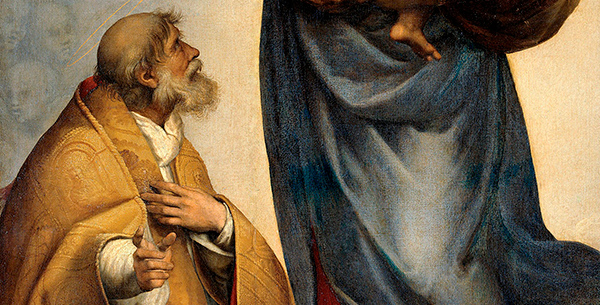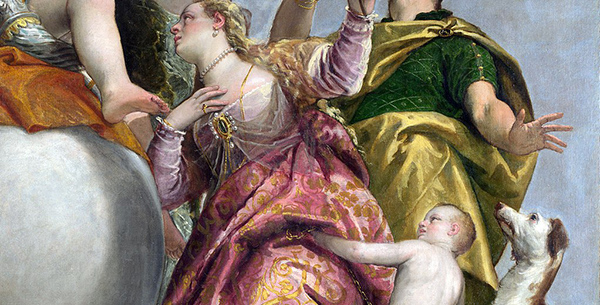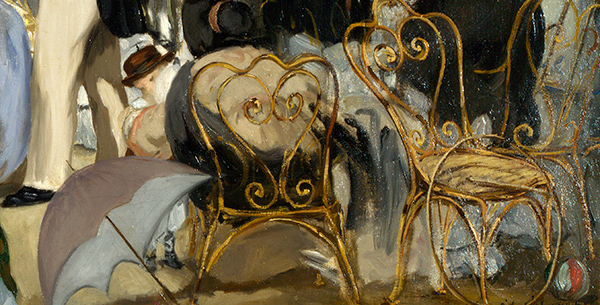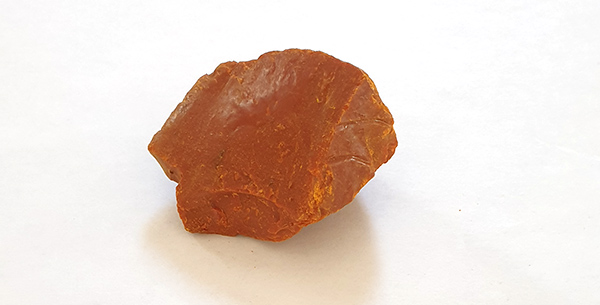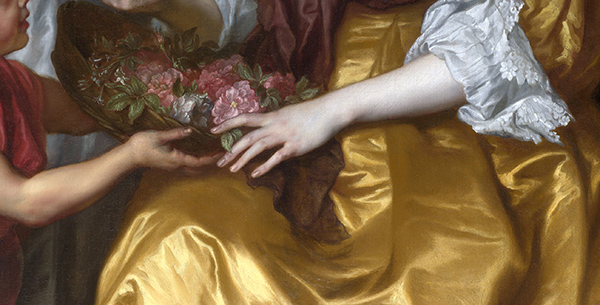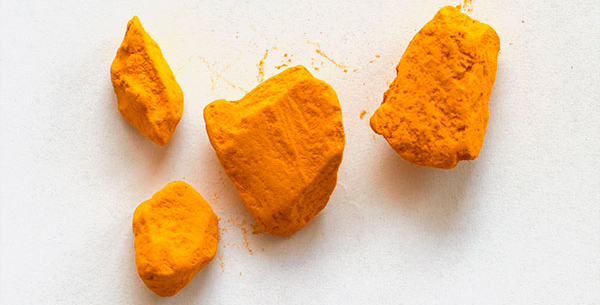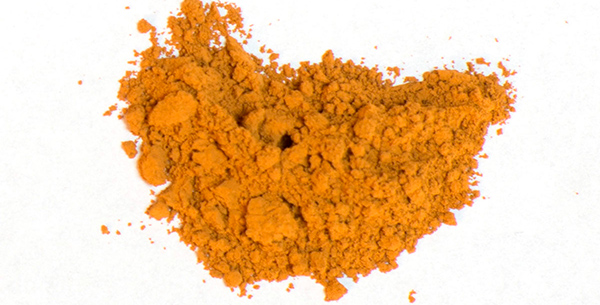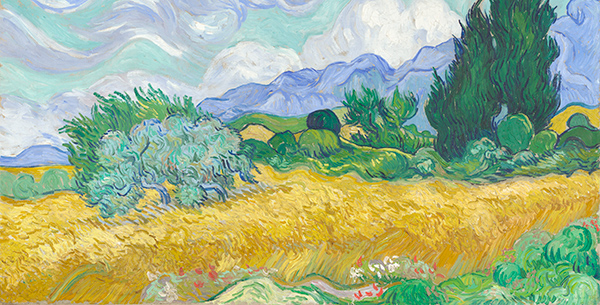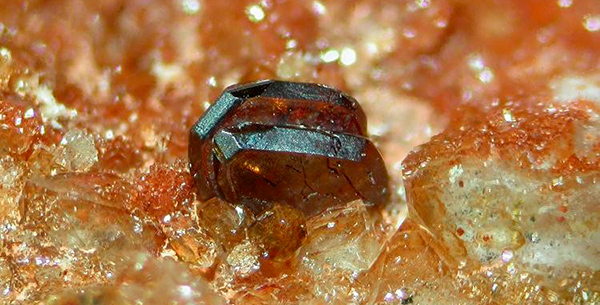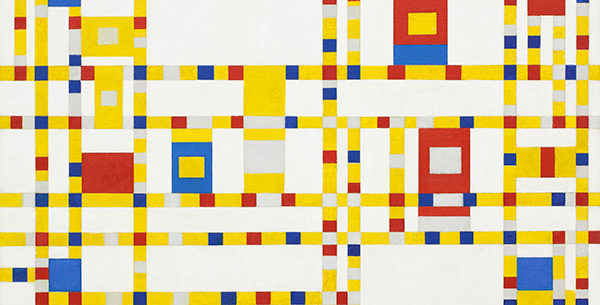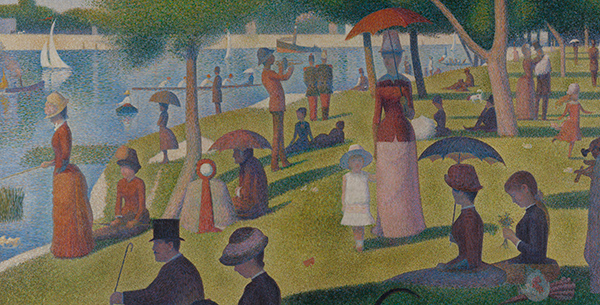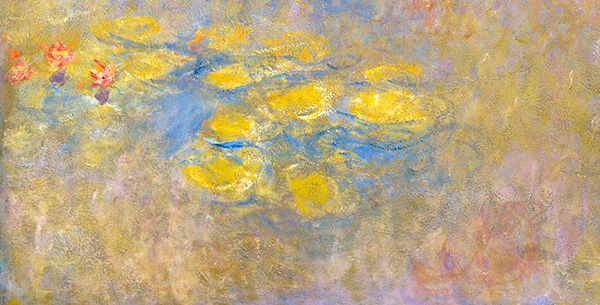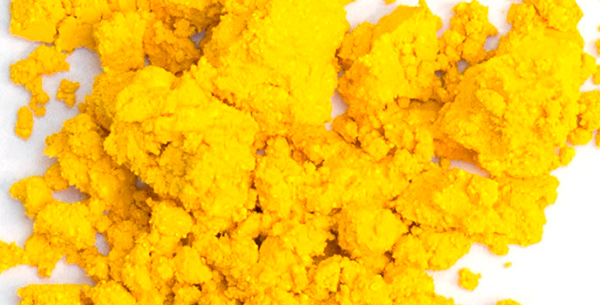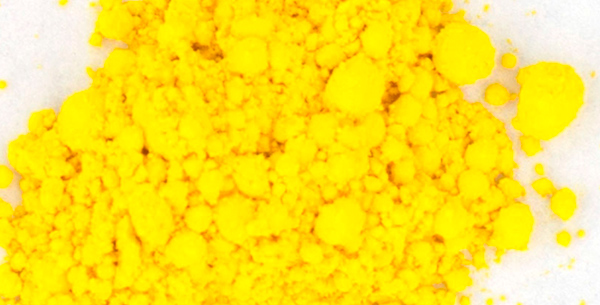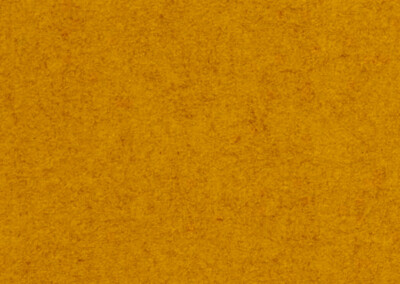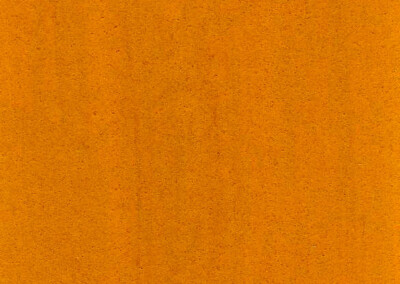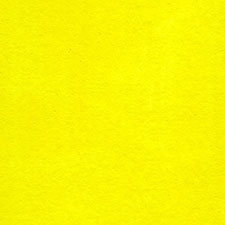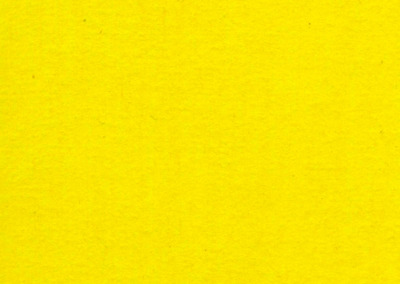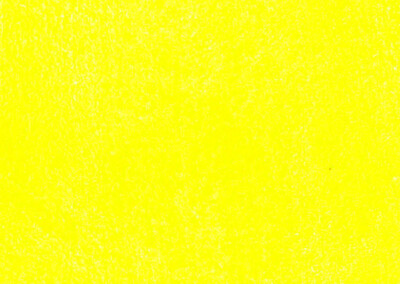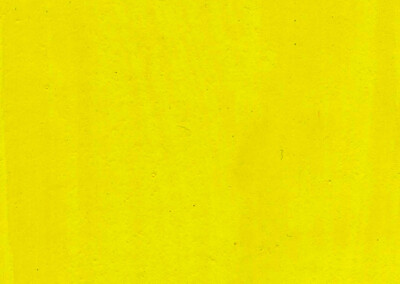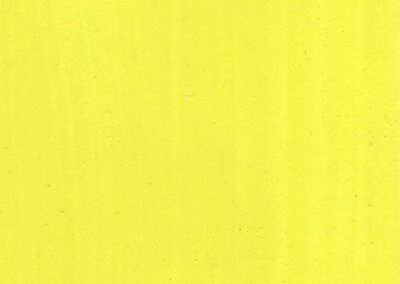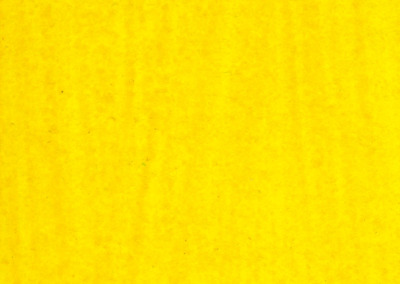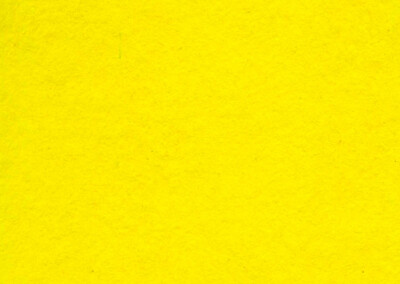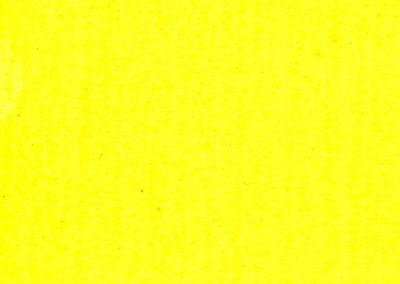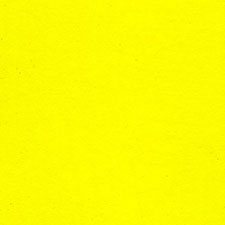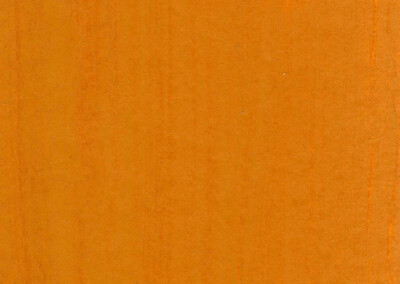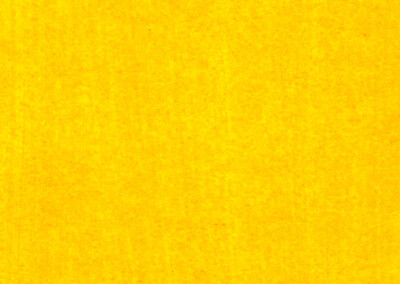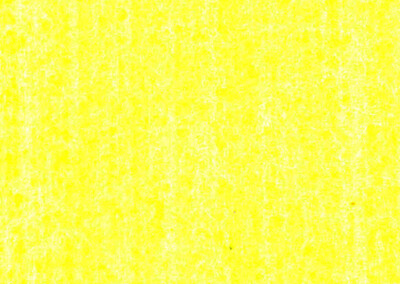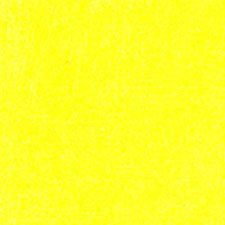Timeline for Yellow Pigments
-
20'000 BCE
Yellow Ochre
The main colour giving component of natural yellow ochre (ocher) is limonite which itself is a mixture of several minerals. -
3'100 BCE
Orpiment
Orpiment is yellow arsenic sulfide with the formula As2S3. It occurs naturally as a mineral and can also be prepared artificially. -
1'600 BCE - 350 AD
Naples Yellow I
Naples yellow had been used in glassmaking and painting in ancient Egypt but the pigment had been forgotten around the 4th century AD. -
750
Gamboge
Gamboge, also called gummi gutti, is a rare pigment from the natural resin produced by trees in south east Asia. -
1300
Lead-Tin Yellow
Lead-tin yellow is known in two different forms. The first is called Lead-tin-yellow type I and is a mixed oxide of the elements tin and lead -
1450
Indian Yellow
Indian yellow was prepared from urine of cows fed exclusively on mango leaves. It is moderately stable and fairly lightfast. -
1630
Naples Yellow II
Naples Yellow had been rediscovered in the 17th century and used fairly frequently in European oil painting. -
2nd half of the 18th century
Raw Sienna
Raw sienna is very similar to ochres and has been in use in European oil painting since the middle of the 18th century. -
1803
Chrome Yellow
Chrome yellow is lead chromate PbCrO4 which was often employed in the 19th century but it is unfortunately not stable and lightfast. -
1805
Bismuth Vanadate Yellow
Bismuth vanadate yellow is a salt with a formula of BiVO4. It can also be considered a mixed oxide of the elements bismuth and vanadium. -
1818
Cadmium Yellow
Cadmium yellow is cadmium sulfide CdS. There are many different colour variations achieved by the admixture of zinc sulfide. -
1825
Zinc Yellow
Zinc yellow is not very stable and had caused discoloration of several paintings by van Gogh, Seurat and others. -
1850
Lemon Yellow
Lemon yellow is barium chromate with a formula of BaCrO4. The pigment is rather lightfast but chemically not entirely stable. -
1851
Cobalt Yellow
Cobalt yellow is potassium cobaltinitrite. It has been reported to be fairly stable in watercolor use and not suitable for oil painting -
1909
Arylide Yellow
Arylide yellow has the Colour Index PY 3 and is one of the many variants of organic pigments containing the group of two nitrogen atoms.

